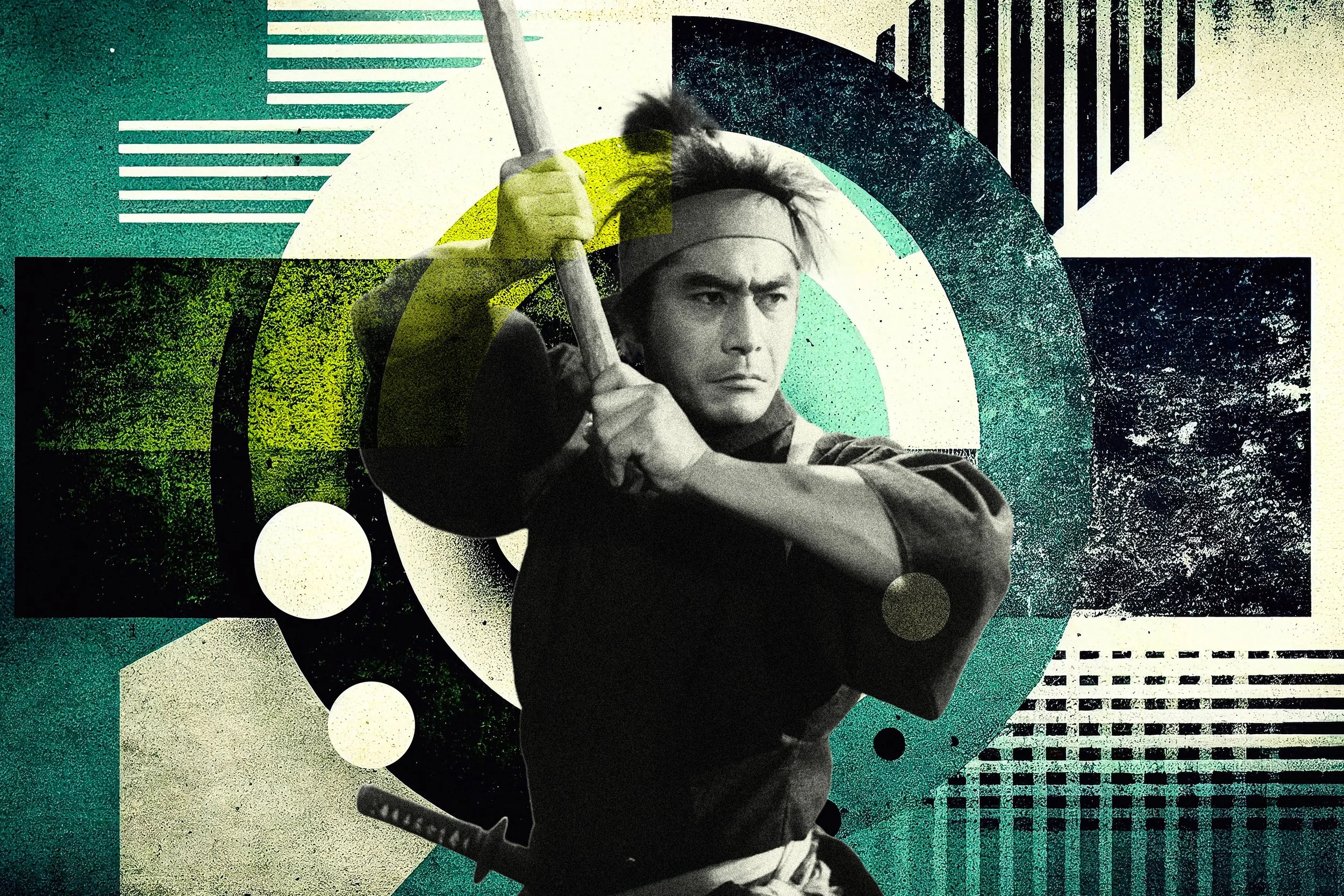The Essence of the Sensei
When we hear the word ‘sensei’, we may begin to picture an interesting or captivating hero-like character – possibly with a mix of Mr Miyagi's smarts, Toshiro Mifune's deep thinking, and Jedi Master Yoda's mysterious vibes. This picture, shaped by movies and stories is filled with Japanese mystique and often finds its own cosy spot in our minds.
While a version of this person may exist, including my sensei, Reishin Kawai, finding one is not so much about uncovering the ideal character or a person that matches what the movies show us. The real deal with a sensei goes way beyond these fancy ideas. It is a graceful and understated way of navigating challenges, understanding others and being able to provide advice while guiding you on the mat - these are the essence that make a sensei.
Before we dive deeper into who or what a sensei is, let's clear up some common mix-ups. A sensei isn't some coach, dad-like figure, wise guru, holy person, or an all-knowing oracle. These simple descriptions don't fully grasp the picture of what this figure is about. The sensei doesn't fit into a mould. They aren't always old and wise, patient and all-knowing, or unbeatable and perfect. Instead, the beginnings of the story of the sensei comes from a blend of culture and history from old Japanese traditions.
Throughout history, being a sensei was linked to roles such as iemoto or soke, which were seen as the head manager of a specific school or style. Over time, these formal schools made the sensei's role more structured. By the 15th century, these schools were a major part of Japanese teaching.
Teaching aside, the sensei's journey has been shaped by a myriad of different values:
Farming and Community: Back in the day in Japan, being a leader in tight-knit communities meant you had to guide and keep everyone together to achieve the best outcomes.
Personal Teaching: Since there wasn't always a lot of written knowledge around, people had to pass on skills one-on-one. It created a depth of connection between individuals where they had the chance to share knowledge directly.
Mix of Confucianism and Tradition: Japan combined some Confucian ideas with their respect for age and social order. That's where the whole teacher-student relationship comes from.
It's way more than just titles and ranks
The word sensei can be summed up as "person born before another" or "one who comes before". Or, in this case, the person who has learnt the ways before you and teaches based on wisdom from personal experience and practice. These days, in modern martial arts groups, being a sensei can depend on a variety of factors including how skilled you are or how long you've trained. But what it means can vary, depending on the art.
This mix of leading and helping others shows how crucial a sensei role is in modern martial arts. Finding the right balance between traditions and new ways of teaching can be challenging, especially when teaching big groups. But this is the role of someone "who comes before". And only in this way, both teacher and student can improve and motivate each other.
As martial arts evolved, the idea of personal teaching stuck around. After WWII, more people joined martial arts schools, and the sensei became more of a group leader rather than a personal instructor.
In Japan, the word sensei is used a lot. In the dojo, it usually means the senior instructor. Some places use different titles like renshi, kyoshi, or shidoin to show the importance of each role.
The sensei's role can be a complex one - so much so that some contemporary martial arts mentors prefer to stay away from the title and choose one with a less weighted connotation to avoid the significance that can come with it. This is a conscious choice, acknowledging that the word has been used in different ways and carries some expectations.
Choosing the right mentor
Finding the right sensei for you is important when you start at a dojo. Don't let high ranks or fancy competition records cloud your judgement. Instead, find someone who you can truly connect with and a relationship where there is mutual respect. Connection can take time so be open to conversations between yourself and your sensei.
When you are at a training session for the first time, don't let the intensity or perceived external toughness of a sensei throw you off. Discipline and instruction are part of the process but remember, your sensei is a person too and there is a version of them that exists beyond the mat. Give yourself time to learn about this person and for them to show you who they are.
Another important aspect is to reflect on how other students in the dojo act. Are they respectful and friendly, or do they come off as arrogant or rude? Every dojo has its own way of working and figuring this out can be tough, but a sign of a good instructor is someone who is able to hold the room and treat each person with kindness, respect and dignity.
It can take time to find the right fit, so don’t shy away from having a conversation with the instructors from the very beginning. Ask questions that feel important to you - about the martial art, training and their philosophies. Find someone who aligns with your values and as always, trust your gut.



